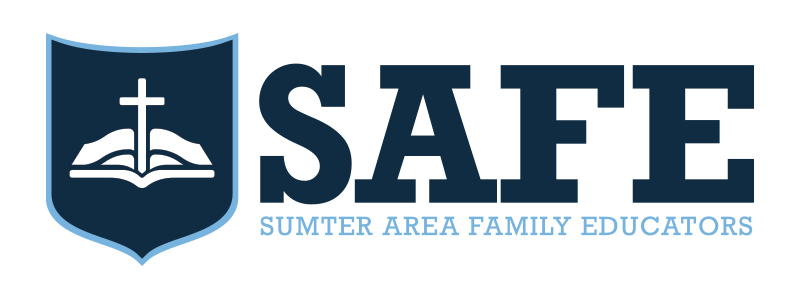SAFE Bylaws
Article Ill – Membership
Section 1. Membership commences upon payment of dues and approval of the Board of Directors. Applicants for membership may be provisionally accepted by the Coordinator between meetings of the Board.
Section 2. By submitting an application for membership in the organization, members agree to abide by all the standards and policies of the organization as established by the Board of Directors. Members shall refrain from engaging in any activity which may bring reproach on the organization or home education.
Section 3. The SAFE Board of Directors may, by a majority vote, deny or terminate membership when in its judgment the best interests of the organization will be served there by.
Section 4. It shall be within the discretion of the Board to grant membership without full payment of dues to persons who certify they cannot afford to pay regular dues.
Section 5. SAFE does not recognize Virtual Charter Schools (VCS} as home schooling as VCS is public schooling at home. Therefore, VCS students shall not be eligible for membership in SAFE and shall not be allowed to participate in SAFE sponsored activities including but not limited to Our Day, Field Trips, Graduation. Testing. Presentation Night, Science Fair, History Fair, Yearbook, and Field Day.
Section 6. SAFE offers a nonvoting alumni membership to those families who have been prior members and have graduated all of their children.
